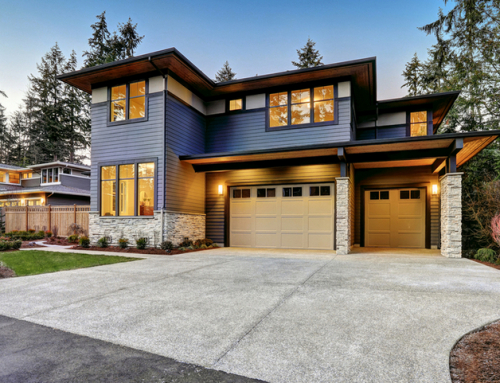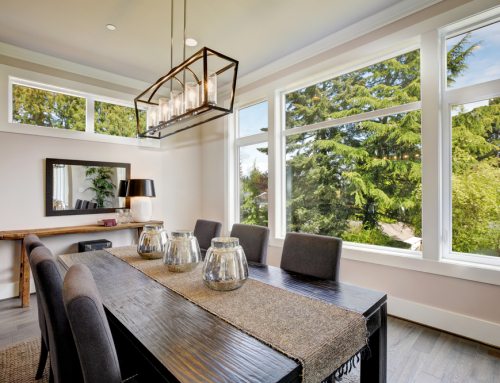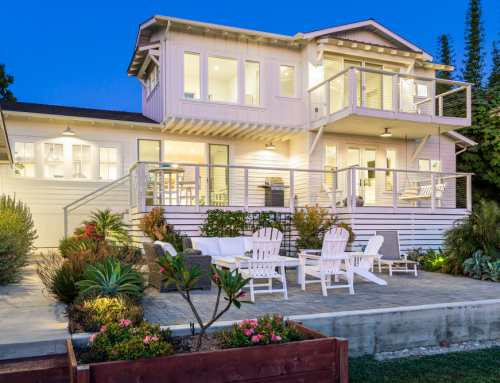Upgrade Your Windows
You might be debating should I? Should I not? Well, the answer is yes. Here are some reasons to upgrade your windows! Homeowners upgrade windows for a variety of reasons. Some are motivated strictly by energy cost savings, while others want to improve the comfort of a drafty house or reduce their carbon footprint by decreasing the greenhouse gas emissions associated with their home’s energy consumption. Still others elect retrofit strategies over replacement to extend the life of existing windows, to avoid adding valuable resources to landfills, and to preserve a home’s original materials, such as old growth wood, which is now scarce. Owners renovating an older or historic home will retain the original windows to keep the historic character and aesthetic charm of the home intact through the upgrade process.
Upfront investment costs can ultimately drive (or deter) a homeowner’s decision to upgrade residential windows. Without expert energy analysis, however, homeowners are frequently misinformed on whether specific window retrofit or replacement measures will pay off in terms of ongoing utility savings. With the average U.S. household spending more than $2,200 annually on energy, investments to upgrade the performance of existing single-pane windows may offer acceptable financial returns, especially during times of rising energy costs. When considering whether to retrofit or replace a window, questions arise about what is more important: saving money, saving energy, retaining historic character, or reducing negative environmental effects.
More and more San Diegans focus on energy savings, associated utility cost savings, and the potential for reducing carbon emissions.
Important Window Parameters
In order to make an informed decision it is important to familiarize yourself with windows lingo. Let’s look at air-leakage rate, solar heat gain coefficient and u-factor.
Air-leakage Rate: A measure of the rate of air infiltration around the window due to pressure differences on either side, expressed in units of cubic feet per minute (cfm). The lower a window’s air leakage rating is, the better its airtightness.
Solar Heat Gain Coefficient (SHGC): Measures transmission of direct radiation from the sun through a window, expressed as a number between 0 and 1. The lower a window’s SHGC, the less solar heat it transmits, and the greater its shading ability. Windows with low SHGC are beneficial in cooling dominated climates but may potentially conflict with passive heating strategies in heating-dominated climates.
U-factor: A measure of the rate of non-solar heat loss or gain through a window, expressed in units of Btu/ hr-sq ft-°F. The lower the U-factor, the greater a window’s resistance to heat flow and the better its insulating value.
Call Clear Concepts Window and Door at (619) 583-7171 to find out more about the science of window replacement and what window and door options are right for your home.






